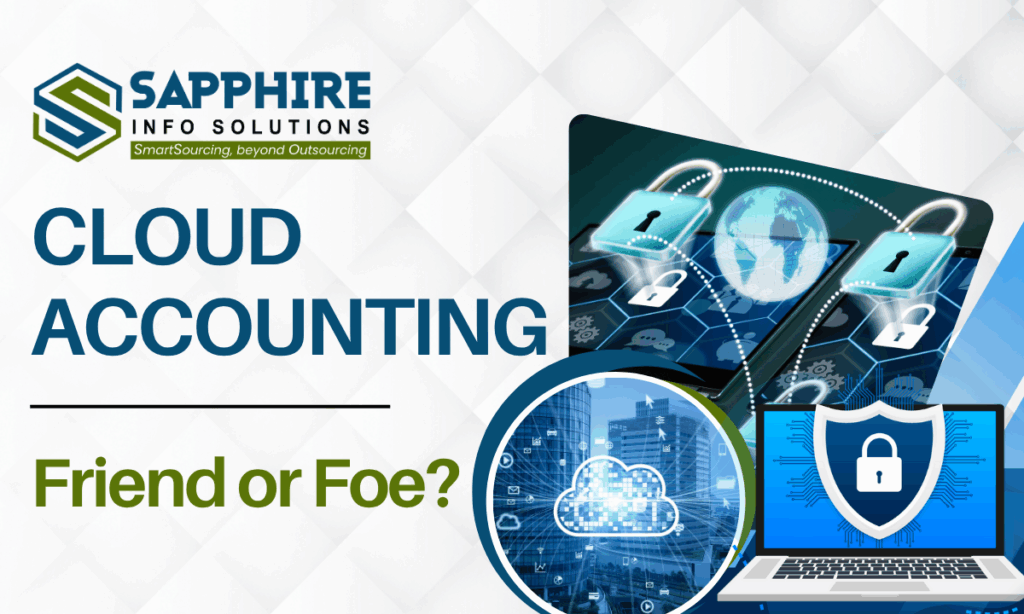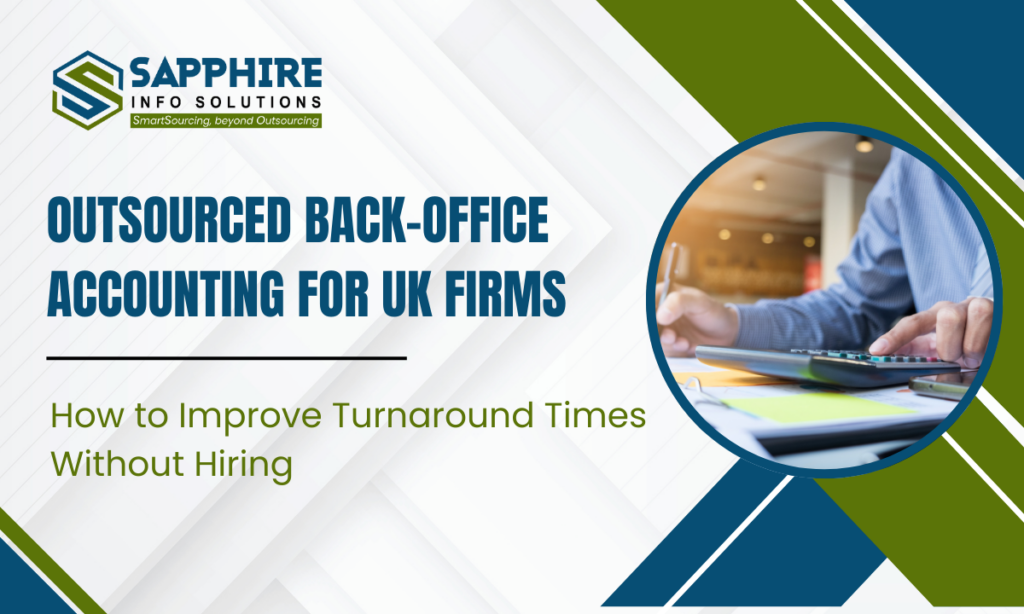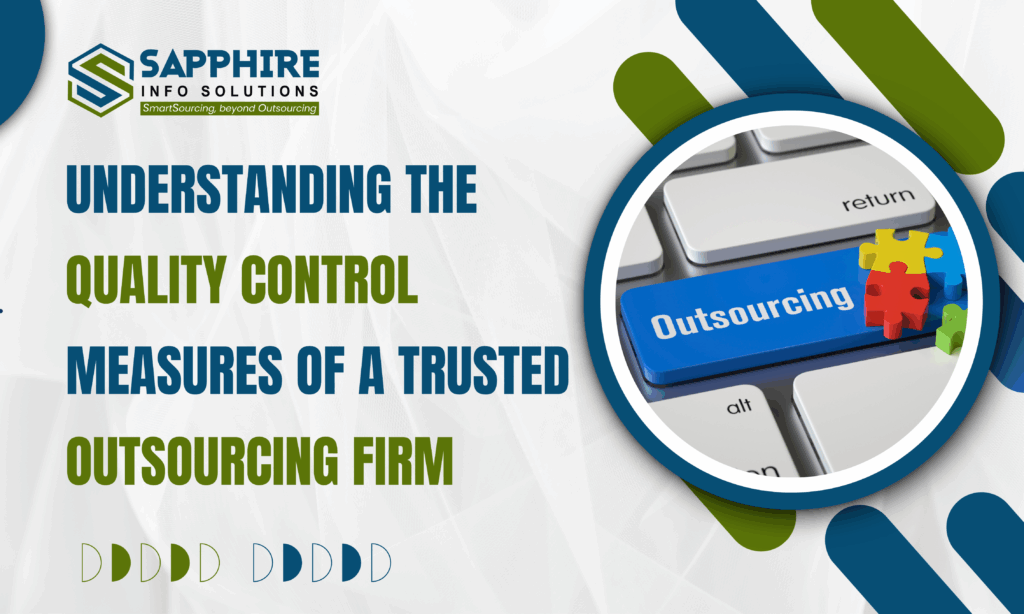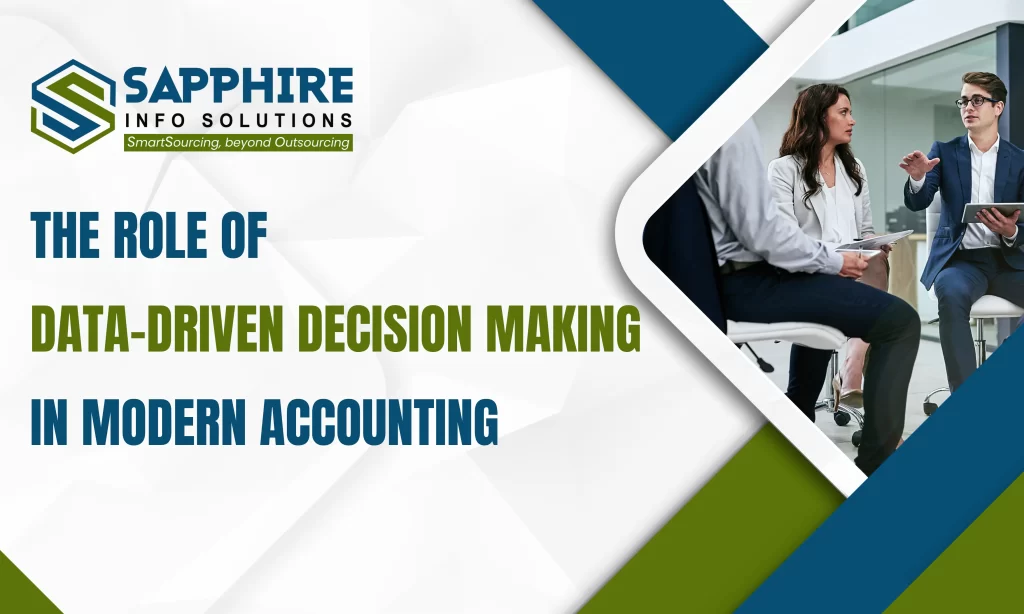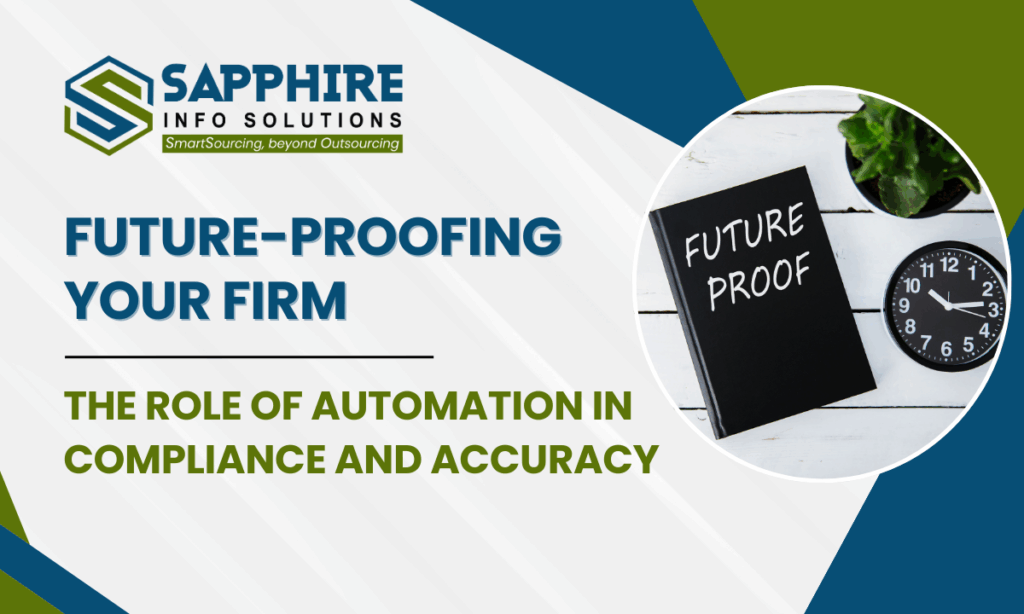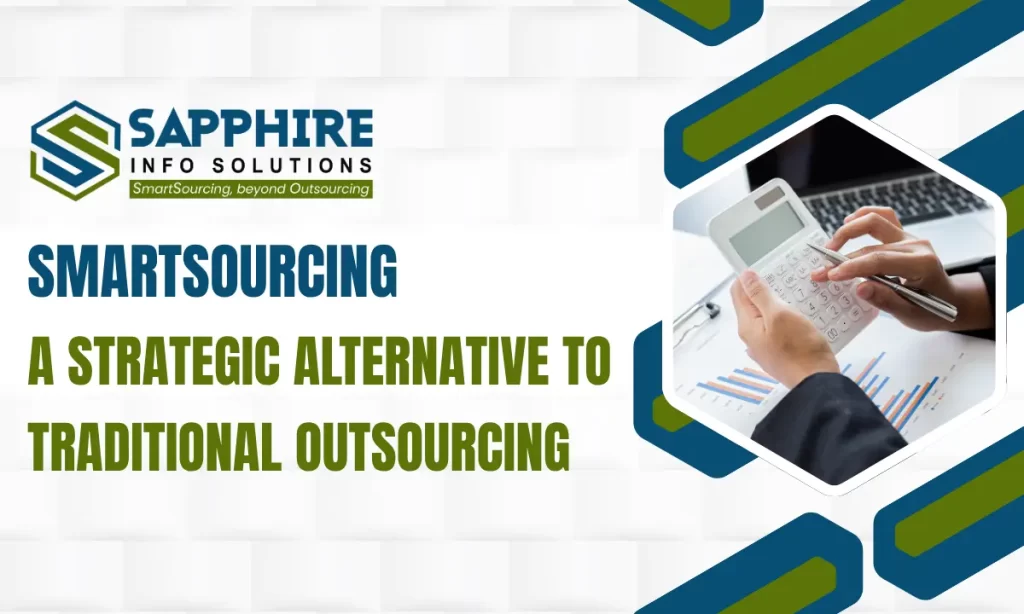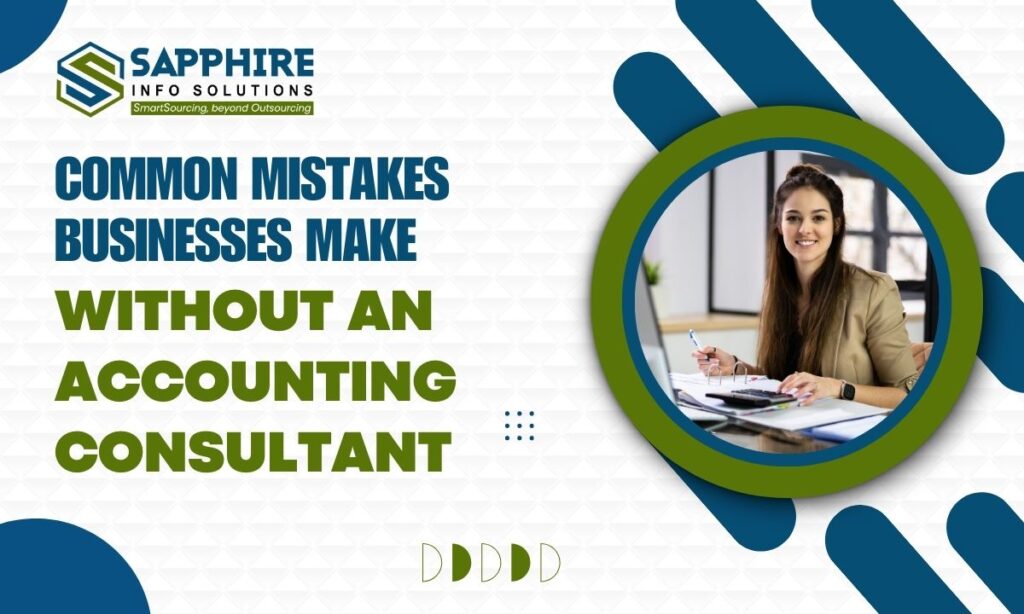As the digital revolution reshapes industries worldwide, accounting firms in the UK find themselves at the crossroads of innovation and tradition. Among the most transformative advancements is cloud accounting—a powerful tool that promises efficiency, scalability, and cost-effectiveness. However, the adoption of cloud technology is often met with skepticism, particularly when security and reliability concerns arise. So, is cloud accounting a friend or a foe? Let’s explore.
The Case for Cloud Accounting: Why It’s a Friend
1. Streamlined Operations
Cloud accounting automates processes that were once manual and time-intensive, from invoicing and payroll to tax calculations. These systems integrate seamlessly with third-party applications, providing real-time financial insights. For UK accounting firms, this means more time to focus on advisory roles and less on transactional tasks.
2. Cost-Effectiveness
Gone are the days of investing heavily in on-premises hardware and software. Cloud platforms operate on a subscription-based model, offering predictable costs that scale with your business needs. Firms can redirect these savings towards strategic initiatives.
3. Accessibility and Flexibility
With cloud accounting, accountants and clients can access financial data anytime, anywhere. Whether it’s preparing a VAT return at the office or reviewing financial statements from home, the flexibility enhances productivity and client satisfaction.
4. Data Security
Contrary to popular belief, cloud platforms are often more secure than traditional systems. Providers like AWS (Amazon Web Services) employ advanced encryption, firewalls, and intrusion detection to protect data in transit and at rest. For example, Sapphire Info Solutions leverages AWS’s secure infrastructure, ensuring client data is safeguarded from cyber threats.
5. Regulatory Compliance
In the UK, where compliance with HMRC’s Making Tax Digital (MTD) initiative is mandatory, cloud accounting platforms like Xero and QuickBooks simplify the process. These tools are designed to meet regulatory requirements, reducing the risk of errors and penalties.
The Challenges of Cloud Accounting: A Potential Foe?
1. Data Breaches and Cybersecurity Concerns
Despite robust security measures, cloud platforms are not immune to breaches. Accounting firms must adopt additional layers of security, such as VPNs, multi-factor authentication, and staff training, to mitigate risks.
2. Dependence on Internet Connectivity
Cloud accounting relies heavily on internet access. While this isn’t a problem in most urban UK areas, firms in rural locations may face challenges with unstable connections.
3. Learning Curve
Transitioning to cloud accounting involves training staff to use new systems effectively. Resistance to change can slow down implementation, making it essential for firms to invest in change management strategies.
4. Data Ownership and Control
Some firms worry about losing control over their data when using third-party platforms. Choosing a provider with transparent policies on data ownership and access rights is crucial to alleviating this concern.
How to Make Cloud Accounting Work for You
1. Conduct a Needs Assessment
Before adopting cloud accounting, evaluate your firm’s unique needs. Identify the tools and features that align with your workflows and client demands.
2. Choose the Right Provider
Not all cloud platforms are created equal. Look for providers that are ISO 27001 certified and offer comprehensive data security measures. Sapphire Info Solutions, for instance, has implemented network segregation, firewalls, and data encryption to ensure the highest levels of protection.
3. Invest in Training
Empower your team with the knowledge and skills to navigate cloud systems confidently. Regular training ensures smooth adoption and maximizes the platform’s benefits.
4. Adopt a Hybrid Approach
For firms hesitant to go all-in, a hybrid model that combines on-premises and cloud solutions can offer a balanced approach. This allows firms to retain sensitive data in-house while enjoying the benefits of cloud technology for less critical tasks.
5. Partner with a Cloud Accounting Expert
Navigating the transition to cloud accounting can be daunting. Partnering with experts who specialize in cloud-based solutions can ease the process and provide ongoing support.
Conclusion: Friend or Foe?
The answer lies in how you approach cloud accounting. When implemented thoughtfully, cloud accounting is undoubtedly a friend, providing UK accounting firms with the tools to thrive in an increasingly digital world. However, without adequate planning and security measures, it could pose challenges that outweigh its benefits.
At Sapphire Info Solutions, we believe in empowering accounting firms with secure, scalable, and efficient solutions tailored to their needs. With our expertise in cloud infrastructure and commitment to information security, we can help you unlock the full potential of cloud accounting. Ready to embrace the future? Let’s navigate this journey together. Contact us to learn how we can support your transition to cloud accounting today.

